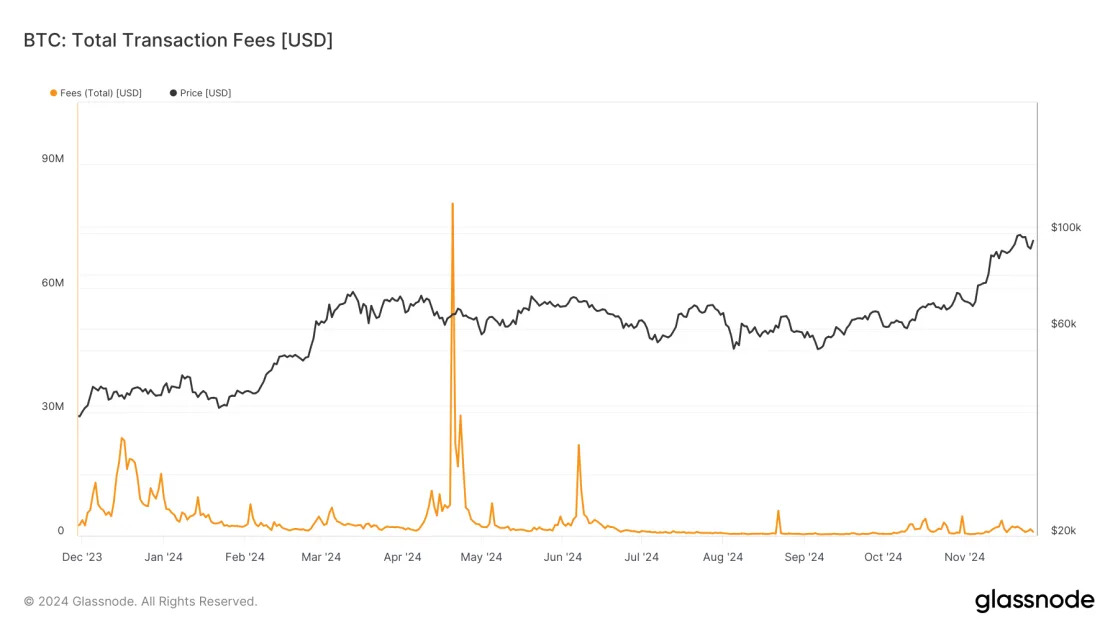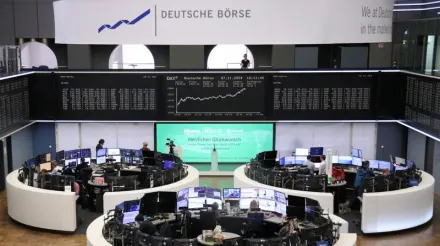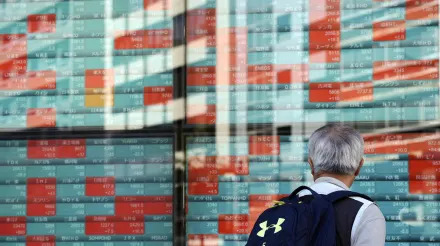By Jiaxing Li
Hong Kong (Reuters) - Chinese stocks registered their first annual gain following an unprecedented three-year decline despite a dip on the final trading day of 2024, while Hong Kong shares ended the year higher, supported by optimism over policy support.
The blue-chip CSI 300, tracking the biggest companies listed in Shanghai and Shenzhen, rose 14.7% this year, breaking a losing streak since 2021 set off by the COVID-19 pandemic, property sector woes and weak consumer confidence.
The Shanghai Composite Index gained 12.8% in 2024, ending a two-year decline. Hong Kong's benchmark Hang Seng Index closed the year's final session up 0.1%, for an annual gain of 17.7% that ended four consecutive years of losses.
"Within the equities markets, China's performance came as a positive surprise to many investors," analysts at Value Partners said in a note this week.
"Various supportive measures announced during the second half of the year, which targeted monetary policy, the property market, and capital markets, largely surpassed expectations and overshadowed ongoing economic concerns," the analysts said.Chinese authorities have implemented some of the boldest measures since September, including interest rate cuts, home purchase incentives and funding schemes for stock buying, to bolster the struggling economy and restore domestic confidence.
Stabilising the capital market has become a policy requirement, and the general consensus is that the market is bottoming out, China Asset Management said in a note.
With an advance of 34.7%, banking stocks led the onshore market gains this year, as the four largest state banks reached multi-year highs.
The chip sector surged 53.9% as domestic investors boosted holdings in local semiconductor makers amid tightening U.S. chip restrictions.
However, mainland stocks weakened on the year's final trading day, with the CSI benchmark falling 1.6% after data showed China's factory activity grew at a slower pace in December amid rising trade risks.
The market is in the final phase of "policy expectation-driven" trading, following Chinese leaders' key meetings this month, Dai Qing, a strategist at Changjiang Securities, said in a note.
Looking ahead to 2025, dividend-paying stocks could still outperform the broader market in the short term, especially when U.S. President-elect Donald Trump's January inauguration may bring market disruptions, he added.






